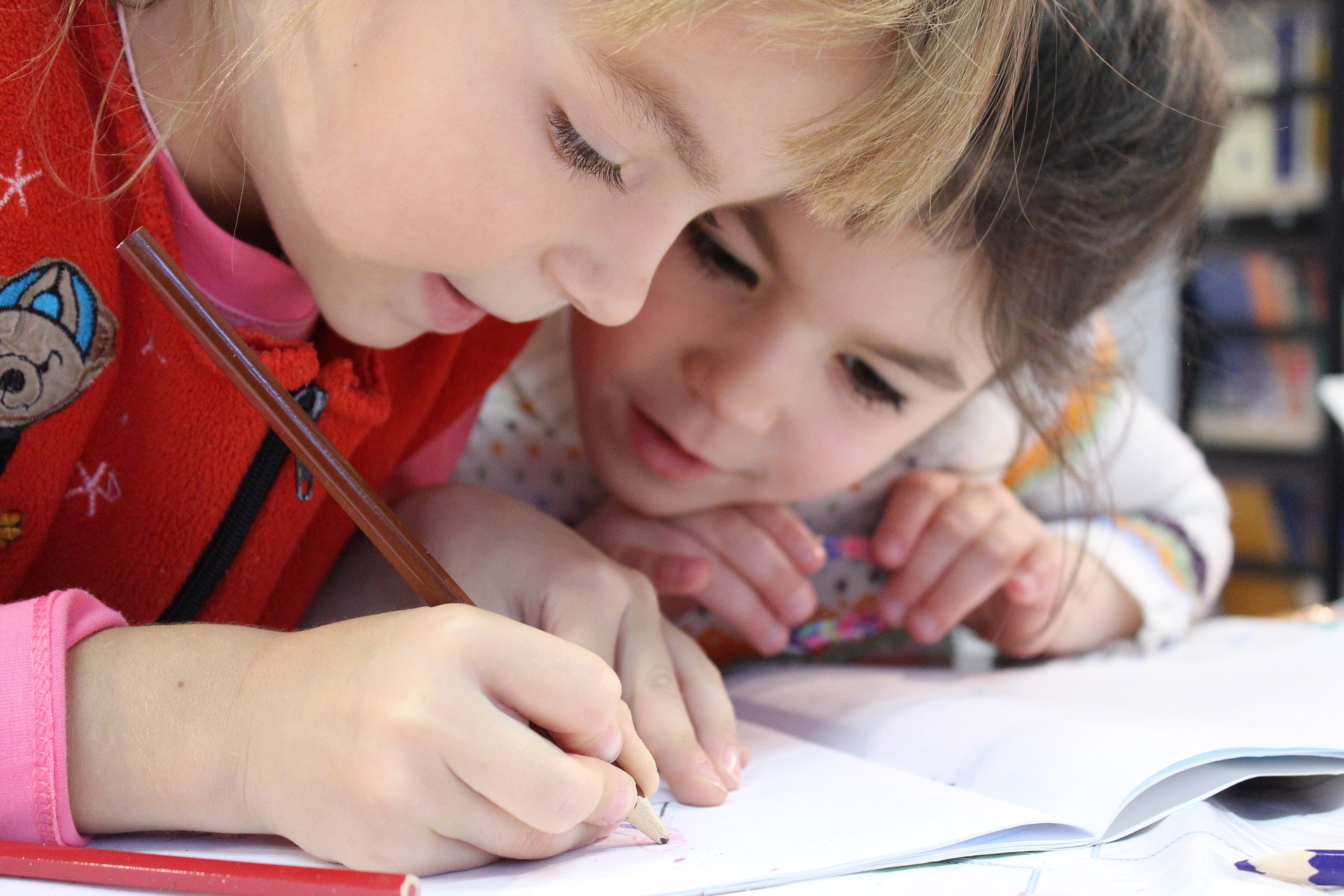
Positive Affirmation For Kids
Positive affirmations are powerful statements that encourage positive thinking and self-talk. These statements can help children to build self-confidence, improve their self-esteem, and cultivate a positive outlook on life. For kids its particularly important because they can help children to develop a strong sense of self-worth and the belief that they can achieve their goals. In this blog, we will explore the benefits of positive affirmations for kids, how to teach positive affirmations to kids, examples of positive affirmations for kids, and how to incorporate them into daily life. By the end of this blog, you will have a better understanding of the importance of positive affirmations and thenhow to incorporate them into your child’s daily routine.

Positive affirmations offer a multitude of benefits for children. Here are some of the key benefits of positive affirmations for kids:
1. Improved Self-Esteem and Confidence: When kids use positive affirmations regularly, they can develop a stronger sense of self-worth and confidence. By repeating positive statements, children begin to internalize positive beliefs about themselves, which can lead to increased self-esteem.
2. Reduced Anxiety and Stress: Positive affirmations can also help children to manage feelings of anxiety and stress. By focusing on positive statements, children can shift their attention away from negative thoughts and worries, helping to reduce feelings of stress and anxiety.
3. Better Academic Performance: Positive affirmations can also help children to perform better academically. By encouraging positive self-talk and a growth mindset, children are more likely to approach challenges with a positive attitude and a willingness to learn.
4. Improved Social Skills: Positive affirmations can also help children to develop better social skills. By cultivating a positive outlook, children are more likely to engage in positive social interactions and build strong, healthy relationships with others.
5. Overall, positive affirmations can have a profound impact on a child’s mental and emotional well-being, helping them to develop into confident, resilient individuals.

Teaching positive affirmations to kids can be a fun and rewarding experience for both parents and children. Here are some tips and strategies for introducing positive affirmations to kids:
1. Use Simple Language: When introducing positive affirmations to kids, it’s important to use language that is easy for them to understand. Keep affirmations short and simple, using words and phrases that are appropriate for your child’s age and developmental level.
2. Model Positive Self-Talk: Children learn by example, so it’s important to model positive self-talk yourself. Share your own positive affirmations with your child, and demonstrate how you use them to manage stress and build self-confidence.
3. Practice Affirmations Regularly: Consistency is key when it comes to using positive affirmations with kids. Encourage your child to practice their affirmations daily, whether it’s in the morning, before bed, or throughout the day.
4. Make it Fun: Kids are more likely to engage with positive affirmations if they are presented in a fun and interactive way. Try incorporating affirmations into a game or activity, or create visual reminders of affirmations that your child can decorate and display.
5. Customize Affirmations for Your Child: Every child is unique, so it’s important to customize affirmations to meet your child’s specific needs and interests. Consider creating affirmations that are tailored to your child’s strengths and challenges, and that are relevant to their daily life.
By following these tips and strategies, you can help your child to develop a positive mindset and build self-confidence through the power of positive affirmations.

Positive affirmations can be tailored to meet the unique needs and interests of each child. Here are some examples of positive affirmations for kids, categorized by themes:
1. Self-Esteem:
⦁ I am loved
⦁ I am worthy
⦁ I believe in myself
⦁ I am enough just the way I am
⦁ I am proud of who I am
2. Academic Success:
⦁ I am a good learner
⦁ I am capable of achieving my goals
⦁ I can learn from my mistakes
⦁ I am a problem solver
⦁ I am confident in my abilities
3. Social Skills:
⦁ I am kind to others
⦁ I am a good friend
⦁ I am respectful to others
⦁ I am a good listener
⦁ I am brave in social situations
4. Positive Outlook:
⦁ Today is going to be a great day
⦁ I am grateful for all the good things in my life
⦁ I choose to focus on the positive
⦁ I am excited to learn and grow
⦁ I can handle whatever comes my way
By incorporating positive affirmations into your child’s daily routine, you can help them to develop a positive mindset, build self-confidence, and achieve their goals. Remember to tailor affirmations to meet your child’s specific needs and interests, and encourage them to practice affirmations regularly.

Incorporating positive affirmations into a child’s daily routine can be a powerful way to promote positive thinking and self-confidence. Here are some ways to incorporate positive affirmations into your child’s daily life:
- Morning Routine: Start the day off with positive affirmations. Encourage your child to say affirmations to themselves in the mirror, or say them together as a family before breakfast
- Bedtime Routine: End the day with positive affirmations. Encourage your child to say affirmations before bed, or say them together as a family during story time.
- Reminders: Use affirmations as reminders throughout the day. Write affirmations on post-it notes and place them around the house or in your child’s lunchbox as a reminder to stay positive and confident.
- Play Activities: Incorporate affirmations into play activities. Create affirmation cards with your child and use them as a game to build positive thinking skills.
- Affirmation Journals: Encourage your child to keep an affirmation journal, where they can write down their affirmations and reflect on their positive thinking.
Remember, the key to incorporating positive affirmations into your child’s daily routine is consistency. Encourage your child to practice affirmations regularly, and be a positive role model by using affirmations yourself. By promoting positive thinking and self-confidence, you can help your child to develop into a happy, healthy, and confident individual.

In conclusion, positive affirmations are a powerful tool for promoting positive thinking and self-confidence in kids. By repeating positive statements, children can develop a strong sense of self-worth and the belief that they can achieve their goals. Positive affirmations can help to reduce anxiety and stress, improve academic performance, and develop better social skills.
To teach positive affirmations to kids, use simple language, model positive self-talk, and practice affirmations regularly. Customize affirmations to meet your child’s specific needs and interests, and incorporate them into daily routines and play activities.
As a parent or caregiver, it’s important to promote positive thinking and self-confidence in your child. By incorporating positive affirmations into your child’s life, you can help them to develop into happy, healthy, and confident individuals. Start today by encouraging your child to practice positive affirmations and be a positive role model by using affirmations yourself.
